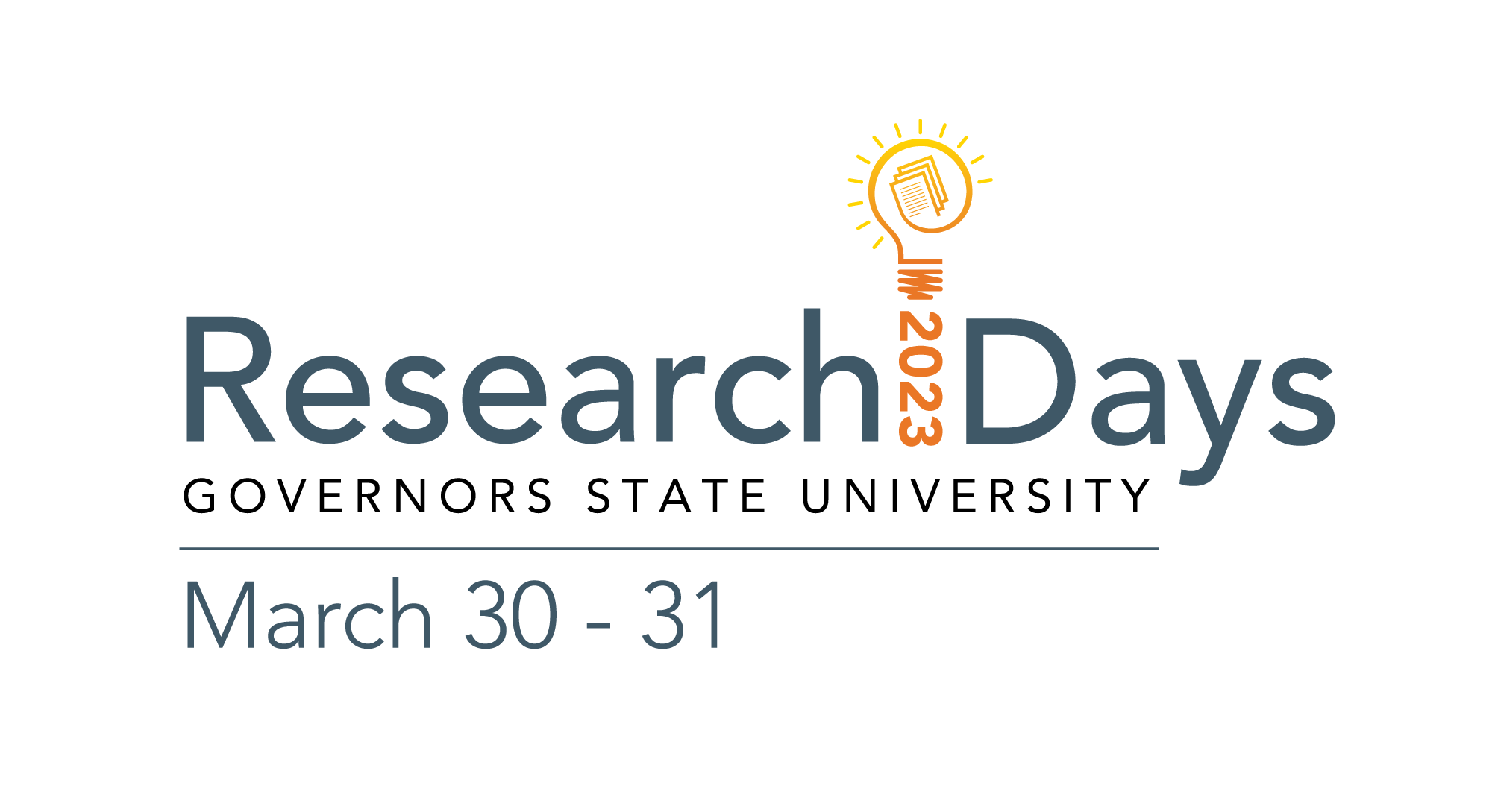
Research Days 2023 Poster Sessions
Cognitive Dissonance & College Major Declaration
Type of Presentation
Poster Session
Location
GSU Library
Start Date
3-31-2023 11:45 AM
End Date
3-13-2023 1:15 PM
Description of Program
Contributing factors involved in decision-making consisted of SES background, social influence and pressures, gender, first-generation status, one's self-concept, and interpersonal interests. To reduce cognitive dissonance, individuals liked the option they chose and disliked the option they did not, even if it was what they wanted to do initially.
Abstract
Our presentation consists of a literature review based on cognitive dissonance and major college declaration. We examined a total of 30 studies that were deemed relevant to this study. The program's primary focus will be decision-making, cognitive dissonance, and contributing factors of major academic selection. Through these thirty studies, it was found that some of the contributing factors involved in decision-making consisted of SES background, social influence and pressures, gender, first-generation status, one's self-concept, and interpersonal interests. It was also found that in order to reduce cognitive dissonance, individuals liked the option they chose and disliked the option they did not, even if it was what they wanted to do initially. In addition, those who had a valuable set of social support allowed students to have the opportunity to explore various academic majors possibilities; along with proper guidance and revealing information that would be deemed useful when making these critical decisions.
Faculty / Staff Sponsor
Dr. Alli Cipra
Cognitive Dissonance & College Major Declaration
GSU Library
Our presentation consists of a literature review based on cognitive dissonance and major college declaration. We examined a total of 30 studies that were deemed relevant to this study. The program's primary focus will be decision-making, cognitive dissonance, and contributing factors of major academic selection. Through these thirty studies, it was found that some of the contributing factors involved in decision-making consisted of SES background, social influence and pressures, gender, first-generation status, one's self-concept, and interpersonal interests. It was also found that in order to reduce cognitive dissonance, individuals liked the option they chose and disliked the option they did not, even if it was what they wanted to do initially. In addition, those who had a valuable set of social support allowed students to have the opportunity to explore various academic majors possibilities; along with proper guidance and revealing information that would be deemed useful when making these critical decisions.
